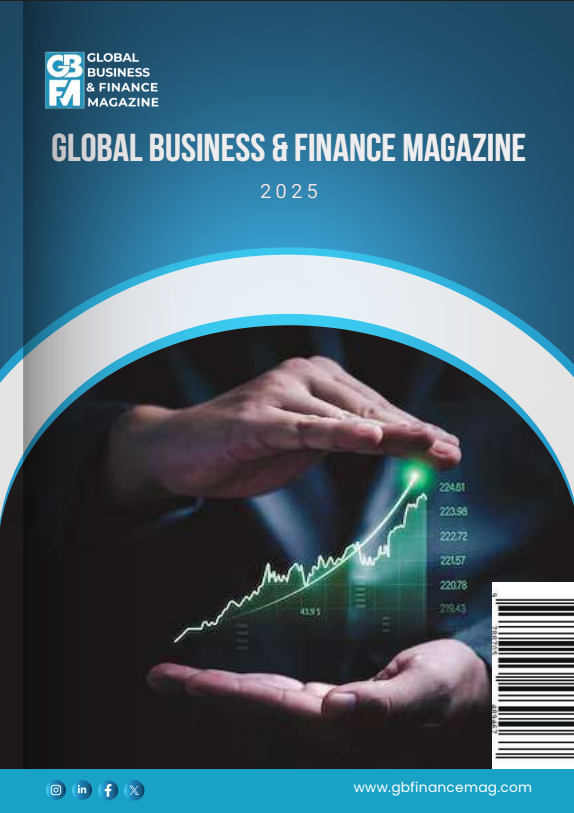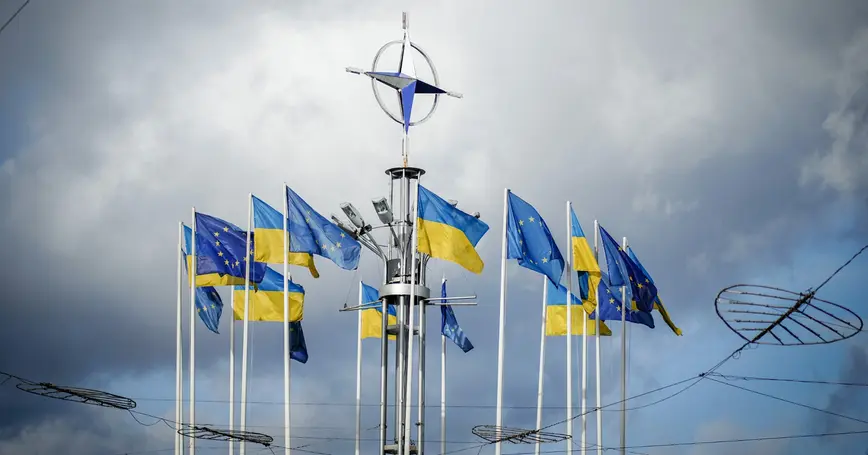As the Russia-Ukraine war approaches its third year, this paper suggests possible arrangements to end the fighting and restore regional stability that could represent the “least-bad” outcome under far-from-ideal circumstances. While the prospects for immediate talks seem dim today, it is important to consider the content of such arrangements now so policymakers can be prepared when the time comes.
The prospects for peace between Russia and Ukraine are dim. The violence seems as if it might grind on forever. Russia’s September 2022 annexation of Ukrainian territory, much of which the Russian military does not even control, seems almost calculated to ensure that no negotiation can succeed. Ukraine has accordingly turned its back on the offer made early in the war to pursue neutrality and instead requested a fast-track NATO membership, a longstanding Russian red line, making it more difficult to conceive of any compromise that could satisfy both sides.
But the war in Ukraine will end. Military victory remains a possibility, but the challenges both sides have faced with offensive operations imply that the war will probably end through some sort of negotiation. Any agreements that emerge from those talks could have, for better or for worse, significant implications for the regional order in Europe. It is therefore also important to consider how various parties might build on negotiations over settling the current war to stabilize the regional order.…
The remainder of this commentary is available at stimson.org.
Samuel Charap is a senior political scientist at the RAND Corporation. His research interests include the foreign policies of Russia and the former Soviet states; European and Eurasian regional security; and U.S.-Russia deterrence, strategic stability, and arms control. Jeremy Shapiro is the research director of the European Council on Foreign Relations. His areas of focus include U.S. foreign policy and transatlantic relations.
This commentary originally appeared on Stimson on December 14, 2023. Commentary gives RAND researchers a platform to convey insights based on their professional expertise and often on their peer-reviewed research and analysis.
Source : rand.org





